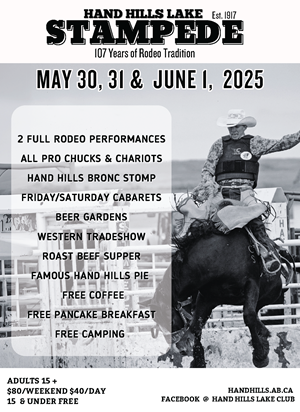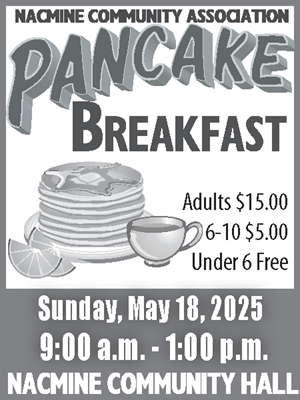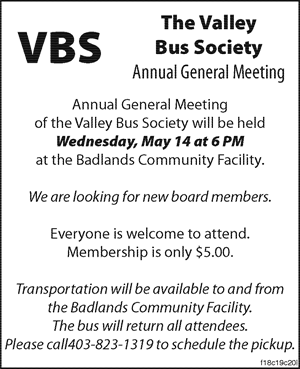
There is nostalgia wrapped up in the old wagons that were the workhorse of the agricultural industry for literally centuries. Farmyards and fields all over the countryside have traces of the wooden wheeled, steel tired trucks.
Clayton Gillis is learning the craft of restoring these wagons, and is seeing the fruits of his labour. His employer Elson McDougald had an interest in restoring these wagons that travelled the countryside, and Gillis was keen to try. Today they have a dedicated shop, and have begun to turn out freshly refurbished wagons.
The most recent wagon they are building belonged to Tom Rowe, the grandfather of Lyle Rowe.
The wagon itself was purchased right out of an Eatons catalogue, and appears to be a 1918-1919 model. The wagon’s list price was a whole $59.50.
“It was a utility cart, so you could put any box or surface on it to move things around,” explained Rowe.
The Rowe and McDougald families are long time friends. Lyle explains his father John was interested in seeing the wagon restored.
“If my dad hadn’t requested this rebuild, it would have been a pile of rotten wood and iron out in the caraganas,” said Lyle. “To see it like it was originally, is amazing.”
They took the wagon to Pioneer Acres where another man was interested in doing the restoration, but this never came to fruition. They brought it home last August and Gillis began work on the cart. He explains these were multipurpose wagons.
“They bought it with some purpose in mind, and it probably had several functions over the years. He could have put a chuck in it, he could have put a regular flat deck or grain bin, or used it for hauling logs just the way it was,” he explains.
Restoring the wagon takes the skill of a carpenter, toolmaker, blacksmith and a wheelwright.
This restoration is extensive. Often the only salvageable parts of these kinds of wagons is the steel, Gillis has fabricated only a couple of the steel pieces, the rest is original.
“Every time I make a part, I kind of cringe, I don’t want to make history, you like to try and find the original,” he said, right down to the nuts and bolts.
Of the wood components, he was able to salvage the maple axles, and is working on the wheels. Some of the spokes have been replaced. The wagon was originally all maple, but they are using red oak as the replacement timber.
To learn the craft, Gillis has taken a course and has extensive resources. One of the most important resources he has found is the old mail order catalogues. These show him designs, materials, logos and even older paint schemes.
“The best part is finding clues to help you identify the wagon. The fact that John (Rowe) knew where it came from was awesome. Some of the ones in the field we use the marks on them to try and fill in the story behind them,” said Gillis.
The Rowe wagon is nearly complete. They sent out the wheel hubs to be refurbished in British Columbia, and right now Gillis is reassembling the wheels and tires. The woodwork is complete and the next step is fitting the steel rings.
After that, it is time to paint. There are a few patches hidden on the old wagon that gave them a clue of the original colour. The Eatons wagons were red with a black logo.
Plans for the wagon is to have it displayed at Pioneer Acres near Irricana.
As for Gillis, there are plenty more wagon components in the yard and many projects ahead to perfect his craft.
“I’m still learning, I am not a wheelwright yet,” said Gillis.





















